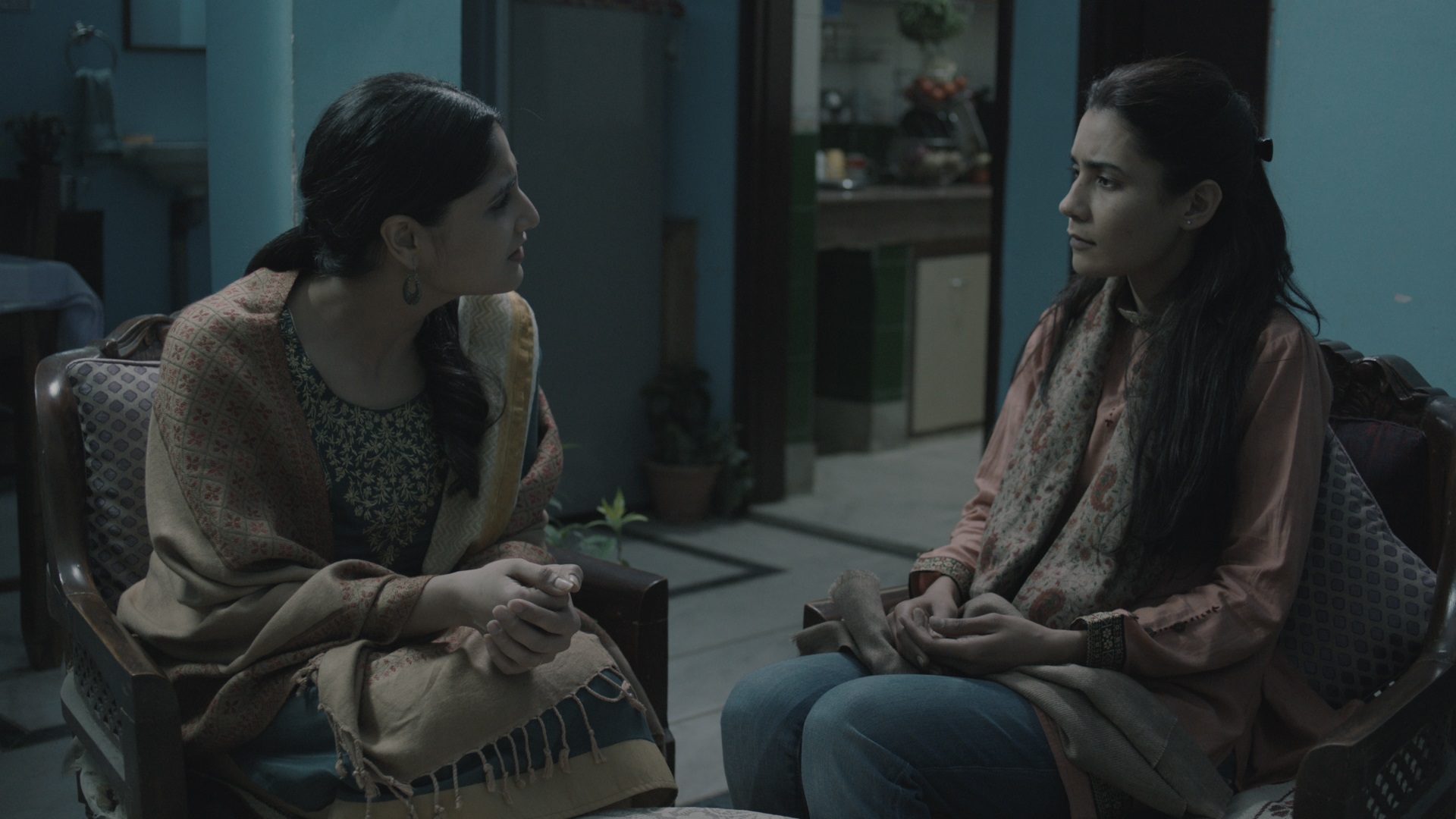Venice Film Review: ‘Soni’
By Jay Weissberg
LOS ANGELES (Variety.com) – Two policewomen in New Delhi rub up against sexual harassment, gender expectations, and the exhaustion of the job’s constant pressures in Ivan Ayr’s understated gem of a debut, “Soni.” With an intelligent, subtle script and camerawork so organically natural one doesn’t immediately realize that each scene is shot in one take, the film draws on a subject much in the news and spins it into a multilayered yet low-key study without preaching or sensationalizing. When indie Indian films make a splash away from home they tend to be sentimental feel-good dramedies; with the right marketing, “Soni” could break the pattern and become an international art-house sleeper.
Undercover cop Soni (Geetika Vidya Ohlyan) works the night shift as part of a decoy operation targeting violent crimes against women. Naturally no-nonsense and under considerable strain from personal issues (not fully revealed until near the end), she’s quick to anger when pushed, such as one evening when a cheeky cyclist’s verbal harassment crosses the line and she gives him a pounding. Given how she’s scolded by her superior, Kalpana Ummat (Saloni Batra), clearly this isn’t the first time she’s lost control, but the superintendent values Soni’s work and knows she’s going through a rough patch.
Kalpana’s husband, Commissioner Sandeep (Mohit Chauhan), is less forgiving, berating her for being too soft on her staff. She’s also under pressure from her mother-in-law (Mohinder Gujral) for supposedly neglecting her wifely duties, not least of which is her lack of children considering she’s already 32. When Soni again flies off the handle, this time with an inebriated driver equally drunk on his own entitlement, Kalpana can’t prevent Sandeep from transferring her to a phone job at the police control center.
The script deftly balances the two women’s lives using small, telling vignettes, making each a three-dimensional character with personal and professional aspects that resist easy compartmentalization. Kalpana, firm yet warm-hearted with her staff, becomes the junior partner at home and even in her husband’s office, silently viewed as incapable of assuming a genuine role of authority because of her sex. Her close mentoring relationship with Sandeep’s teenage niece Nishu (Simrat Kaur) allows her to escape the expectations of her husband’s family and the pressures of being a boss while also implying a certain wistfulness: Kalpana would be a terrific mother.
Soni’s tension comes not just from the job’s exigencies but from something in her recent past, which becomes clearer when her ex Naveen (Vikas Shukla) turns up. She counters his gentle and over-polite manner with coldness, barely tolerating his presence during short uninvited visits. Everyone remarks on how she’s not eating properly, not cooking for herself; she returns home in the wee hours of the morning exhausted from work, disgusted by the incivility and corruption around her. Yet her commitment to the job is total, not least because it allows her to shift focus away from herself and her issues with Naveen.
Without ever overdoing it, Ayr shows a world inimical to women on their own: sexually harassed in public especially if they speak their mind, taken less seriously in positions of authority, and further limited by other women whose mind-set remains locked in traditional gender roles, the policewomen in “Soni” engage in a never-ending fight to feel secure and fulfilled. Radio news heard in the background reinforces the issue with reports about initiatives to combat harassment that focus on segregating the sexes rather than tackling the root of the problem. It all creates an atmosphere of constant rumbling persecution that contributes to Soni’s fatigue and makes bonding moments, such as when Kalpana gives her a copy of feminist-poet Amrita Pritam’s autobiography “Revenue Stamp,” that much more powerful.
Both leads are relative cinema unknowns yet easily hold the screen with quietly powerful portrayals that generate tremendous empathy, not just for the hurdles their characters face but for their qualities as people. Their restrained performances perfectly suit David Bolen’s deceptively unobtrusive camera, never calling attention to itself even though its bravura takes, with each scene composed of a single shot, convey a masterful sense of discreet realism.

